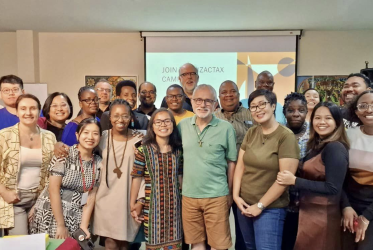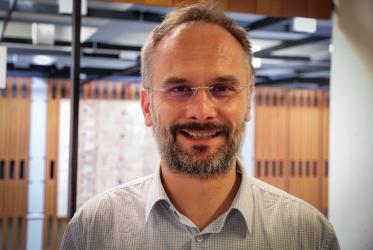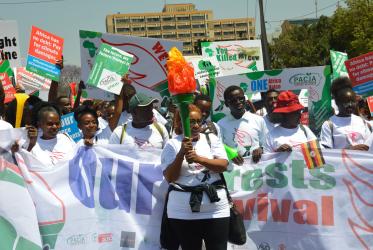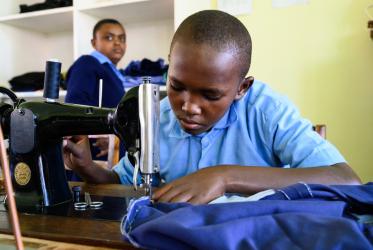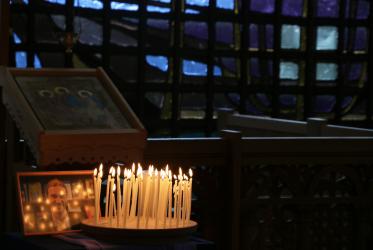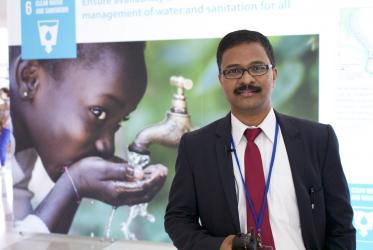Displaying 1 - 20 of 46
WCC submits comments on draft UN “Pact for the Future”
12 February 2024
GEM School explores how to make new economic world order a reality
08 September 2023
African church-backed torch marches toward COP27
27 October 2022
Faith-based investment conference shows we can “Walk the Talk”
15 January 2021
WCC President Wejryd: ‘Water, in many ways, represents God’
27 September 2019
Doing his best without being the best
07 September 2018

